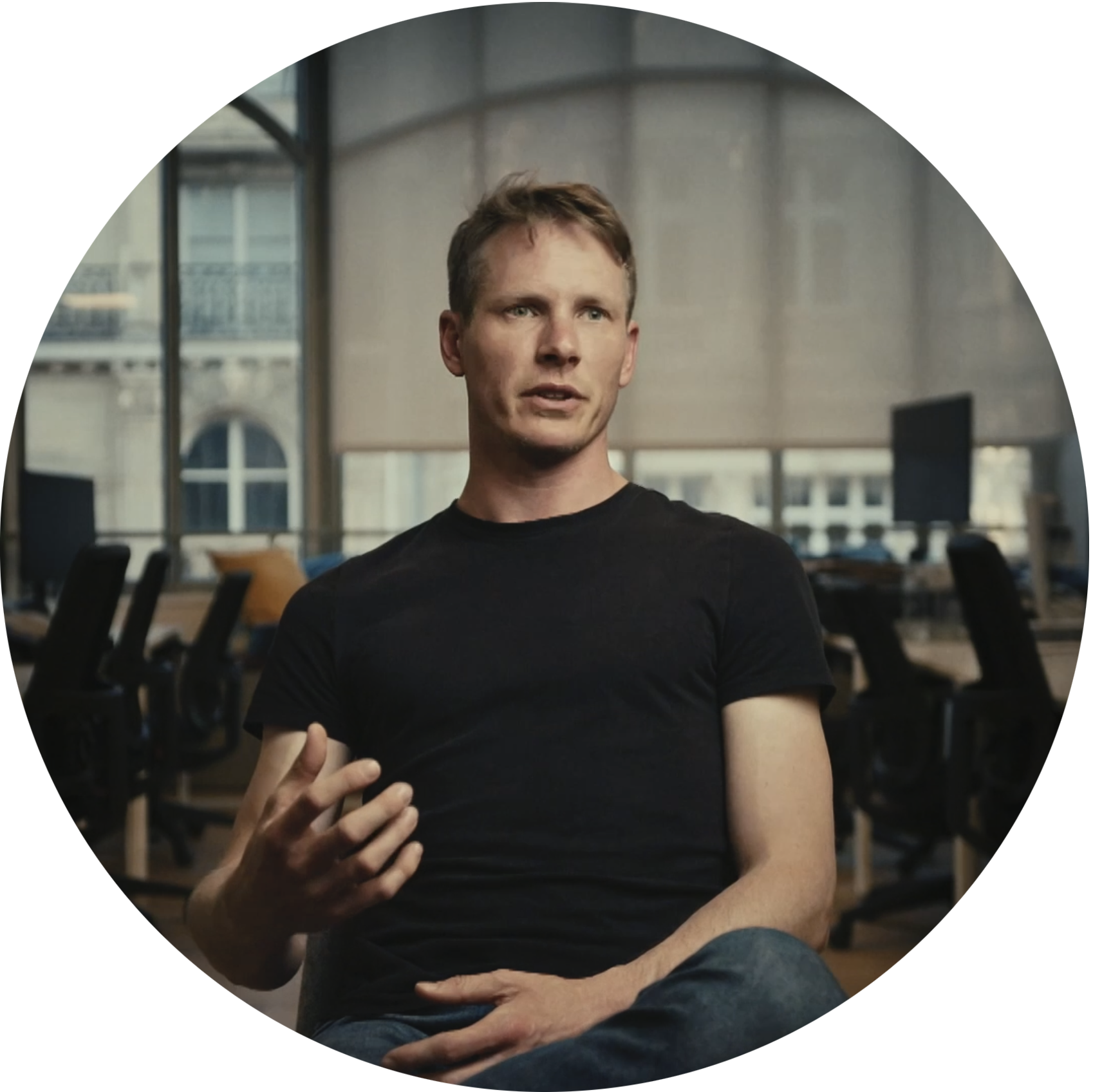Thomas Wolf is co-founder and Chief Science Officer (CSO) of
Hugging Face where he has been at the inception of the open-source, educational and moonshot efforts.
Thomas enjoys creating open-source software that make complex research, models and datasets widely accessible (for instance by creating the Hugging Face
Transformers and
Datasets libraries). When he's not building OSS libraries, he can be found pushing for open-science in research in AI/ML, trying to lower the gap between academia and industrial labs through projects like the
BigScience Workshop on Large Language Models (LLM) which lead to the BLOOM experiments, model and dataset. His current research interests are directed toward the future of AI and future moonshot. He also enjoys writing and producing education content on AI, ML and NLP, including writing the reference book "
Natural Language Processing with Transformers" published at O'Reilly with amazing co-authors, "
The Ultra-scale Playbook" teaching large-scale AI trainings, writing (not often enough) in his
blog and recording (also not often enough) educational videos like
The Future of Natural Language Processing.
